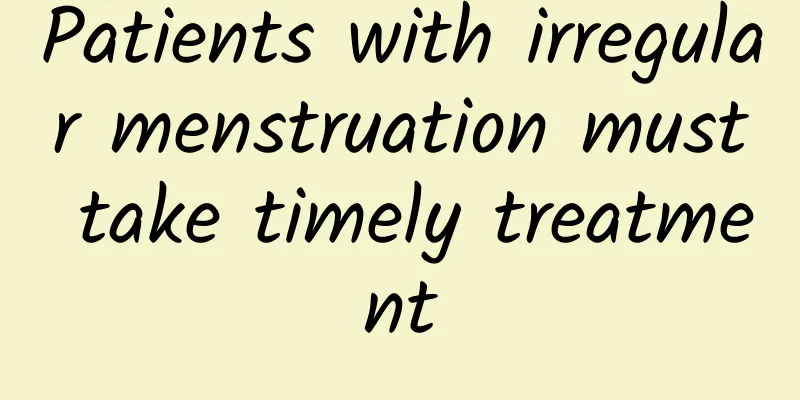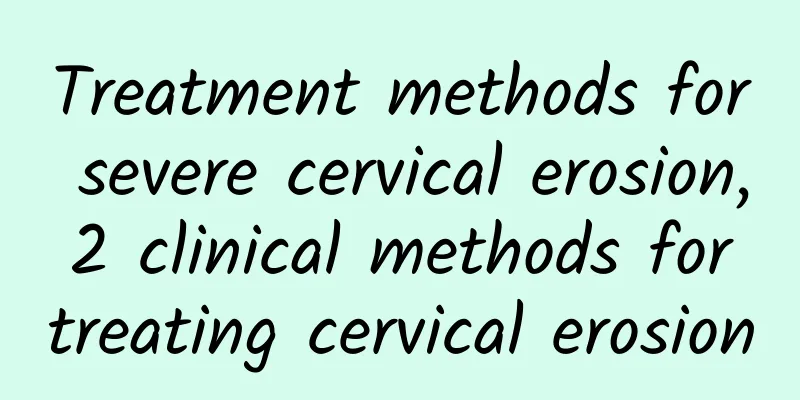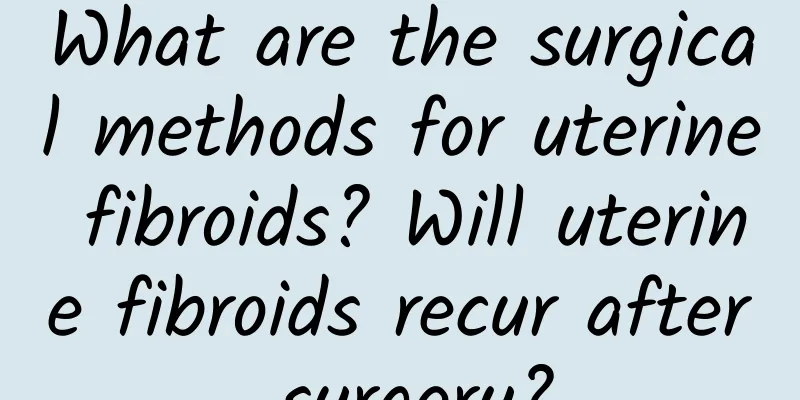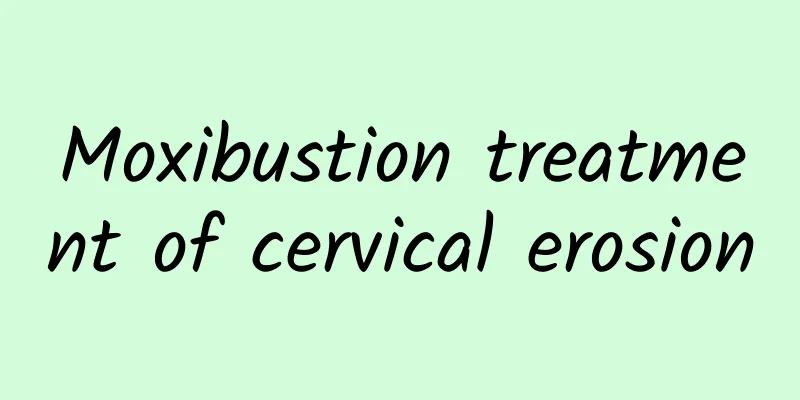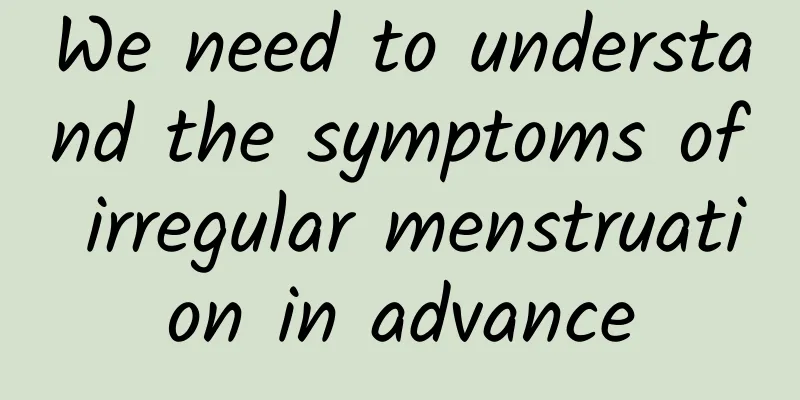How to cure fallopian tube obstruction

|
Treatments for blocked fallopian tubes include medication, surgery, and assisted reproductive technology, depending on the cause and severity of the blockage. 1. Drug treatment: It is suitable for blockage caused by mild inflammation. Commonly used drugs include antibiotics, anti-inflammatory drugs and Chinese medicine conditioning. Antibiotics such as cephalosporins and azithromycin can eliminate infection; anti-inflammatory drugs such as ibuprofen can relieve inflammation; Chinese medicine such as Guizhi Fuling Pills and Danggui Shaoyao Powder can promote blood circulation and remove blood stasis, and improve fallopian tube function. 2. Surgical treatment: For severe or physical blockage, common methods include laparoscopic surgery, hysteroscopic surgery and tubal recanalization. Laparoscopic surgery uses minimally invasive technology to clear the fallopian tubes; hysteroscopic surgery is used to treat uterine adhesions or polyps; tubal recanalization uses catheter technology to clear the blocked area. 3. Assisted reproductive technology: For patients who are still unable to conceive naturally after treatment, in vitro fertilization (IVF) can be considered to achieve pregnancy through in vitro fertilization and embryo transfer. There are many reasons for fallopian tube blockage, including pelvic inflammatory disease, endometriosis, surgical trauma or congenital abnormalities. Pelvic inflammatory disease and infection are common causes. Long-term inflammation leads to adhesion or atresia of the fallopian tubes. Endometriosis can cause adhesion of tissues around the fallopian tubes. Surgeries such as abortion and cesarean section may damage the fallopian tubes. Congenital abnormalities such as incomplete fallopian tube development may also cause blockage. In terms of prevention, paying attention to personal hygiene, avoiding unclean sexual behavior, and timely treatment of gynecological inflammation are the key. The treatment of fallopian tube obstruction requires a personalized plan based on the specific cause and patient condition. Early detection and intervention can improve treatment efficacy and fertility opportunities. Patients are advised to choose appropriate treatment methods under the guidance of a doctor, maintain good living habits, actively regulate their bodies, and increase the chances of natural conception. |
<<: What is natural biochemical pregnancy
Recommend
Will gastroscopy cause early menstruation?
Will gastroenteroscopy cause early menstruation? ...
How much does it cost to treat hyperplastic vulvar leukoplakia?
Vulvar leukoplakia is one of the common gynecolog...
Analysis of the examination methods for endometrial tuberculosis
The emergence of endometrial tuberculosis require...
Actresses Ariel Lin and Janine Chang’s secrets to slimming down their legs! Remove leg fat and create golden ratio of beautiful legs
For girls who love beauty, besides waist and abdo...
What medicine should I take for uterine fibroids that are more than one centimeter in size? Do I need to take medicine for uterine fibroids that are more than one centimeter in size?
What medicine should I take for a uterine fibroid...
Are bananas a panacea for constipation and weight loss? 10 surprising benefits of bananas
When you are constipated, you immediately think o...
What kind of pain is the abdominal pain of ectopic pregnancy
The abdominal pain of ectopic pregnancy may be du...
Principles of antimicrobial therapy for patients with acute adnexitis
Acute adnexitis is inflammation of both salpingit...
Introducing methods to prevent irregular menstruation in life
Irregular menstruation is a common gynecological ...
Treatment of complications after abortion
Women may experience some complications after art...
How to prevent infection of endometrial tuberculosis
Endometrial tuberculosis is a common gynecologica...
Is it good to do strenuous exercise after an abortion? Taboos for women after an abortion
When many people have done what they want to do, ...
Does cervical erosion have any effect?
Does cervical erosion have any impact? 1. The cer...
Can internal organ diseases lead to irregular menstruation?
Normal menstruation means that women are healthy,...
How to remedy contraceptive failure and what are the precautions after miscarriage?
If contraception fails, you can take emergency co...
